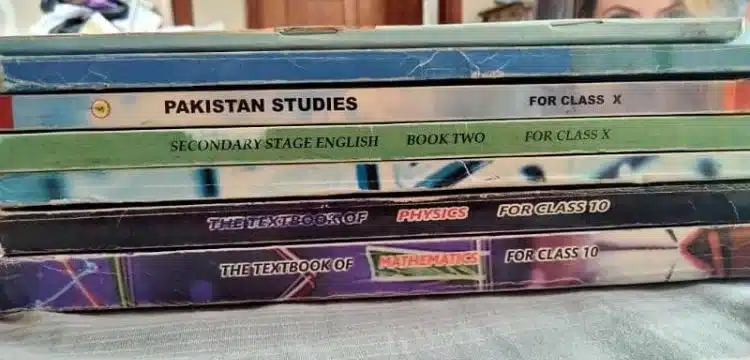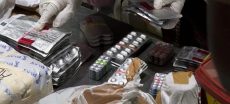[vc_row][vc_column][vc_column_text dp_text_size=”size-4″]The Sindh Textbook Board has made public its intentions to add QR codes (quick-response codes) to textbooks in order to verify the veracity of the books on the market.
Chairman Agha Sohail claims that there have been cases of fake books being sold in the market, and that the use of QR codes will make it easier to tell real books from fraudulent ones.
In the beginning, the textbooks for classes 9 and 10 will contain the QR code. Parents and teachers will find it convenient to validate the legitimacy by scanning the QR code with their smartphones.
The chairman further stated that for the academic year 2023-24, each book will be assigned a unique serial number, which will be included alongside the QR code.
Also Read: Bilawal Bhutto Zardari will be next Prime Minister
Denso Wave developed two-dimensional matrix barcodes known as QR codes in 1994, largely for the purpose of labelling automotive parts. In consumer advertising, QR codes have grown in popularity over time.
Users of smartphones can simply scan the code, which is subsequently transformed into a practical format, such as a typical URL for a website. Users no longer need to manually type the URL into their web browsers thanks to this.[/vc_column_text][/vc_column][/vc_row]











